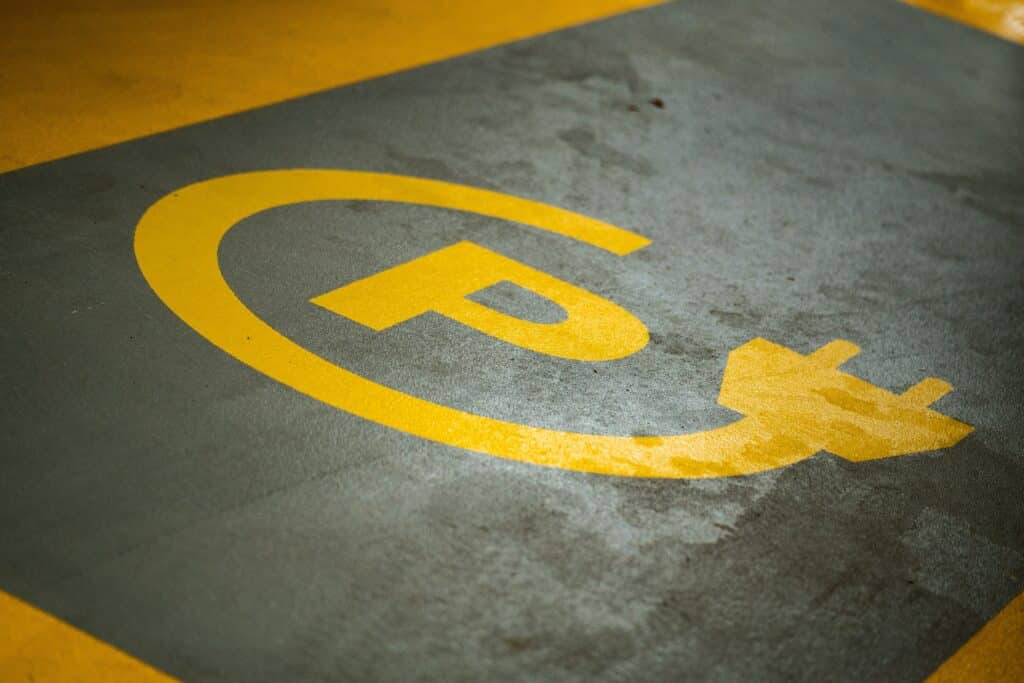“Decoding the elements of universal access to energy”
FSR Topic of the Month – May Editor: Swetha RaviKumar Bhagwat
First instalment by Pia Lovengreen Alessi
The concept of “access to energy” does not offer a straight forward definition. However in accordance to the International Energy Agency, energy access is about providing modern energy services to everyone around the world. These services are defined as household access to electricity and clean cooking facilities.
Currently, nearly 1.2 billion people, over 17 % of the world population, have no access to electricity and around 2.7 billion people, over 38% of the world population, are without clean cooking facilities. Over 95% of the people without access to modern energy are concentrated in Sub-Saharan Africa or developing Asia and 80% of them live in rural areas. The world distribution of this energy poverty largely coincides with the world distribution of overall extreme poverty.
Until recent years, access to energy was considered under the auspices of charitable and social impact organisations, but now we see mainstream commercial and private players making an entrance with more and more investments being pumped into this sector.
What are the drivers that are bringing about this change?
The framework: The United Nations “Sustainable Energy for All” (SE4All) initiative, launched in 2011, brought to the forefront the importance and relevance of addressing access to energy in conjunction with renewable energy and energy efficiency. This drive for addressing the three pillars together was again picked up in 2015 with the adoption of the UN 2030 Agenda for Sustainable Development, which includes the 17 Sustainable Development Goals (SDGs), among which Goal number 7 aims to: “Ensure access to affordable, reliable, sustainable and modern energy for all”. The systemic approach in addressing access to energy not only unlocks the potential of the sector, but in doing so in terms of sustainable and modern energy forms also shifts the dialogue towards a clean energy transition.
The design reconfiguration: Grid extension was traditionally seen as the only method of electrification. However, the advent of decentralised energy solutions and the plummeting prices of renewable energy solutions are challenging this traditional mindset.
The technology behavioural shift: The fundamental shift in solutions is flipping the shaping of this sector from a top-bottom approach to a bottom-top approach. Those at the bottom of the pyramid are now empowered to drive and direct the growth of this sector. Within this new framework of decentralised access to electricity, the two most popular options that are driving the growth of this sector are the solar home systems and the mini-grids.
Solar home systems have taken off commercially mainly due to innovative business models being engineered in this sector. One such model is the ‘pay-as-you-go’ model. In the mini-grids space, the concept has been in a pilot phase for some years. Recently, commercial players have been trying to crack a viable business model and we already see a few established players in the market.
Bridging the gap
The energy policy and the regulatory frameworks in most developing countries have not yet adjusted to this new energy transition. Policies and rules that were designed for grid extension and operation are often very ill suited for decentralised energy development. It is essential to create a clear policy and regulatory framework that will allow the development and growth of decentralised energy solutions and contribute to new solutions for sustainable access to energy.
The Florence School of Regulation has teamed up with World Access to Modern Energy to explore how to bridge this gap, and will shortly present our conclusions as a policy brief. Follow our Universal Access to Energy page for more updates on our work.







